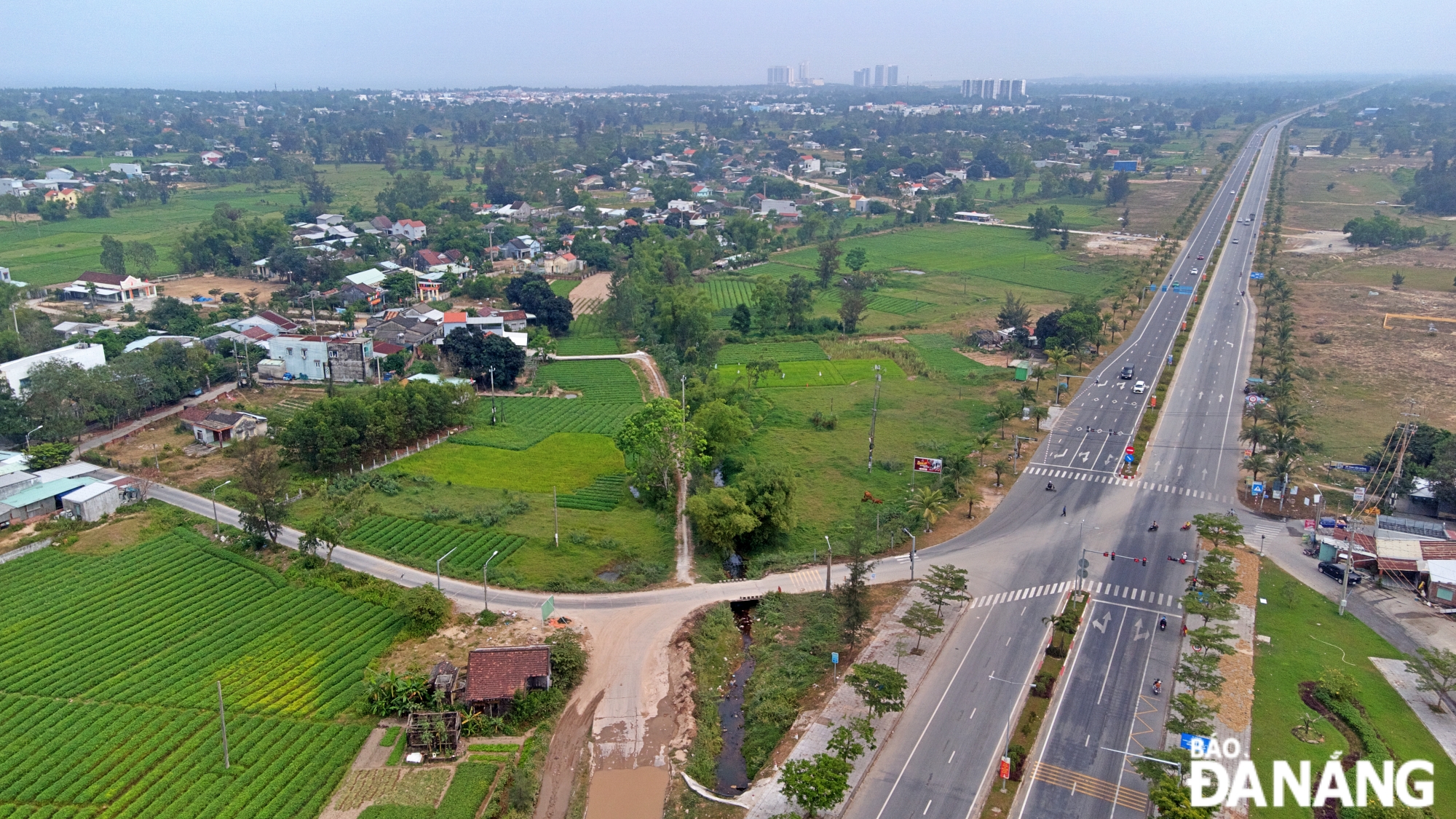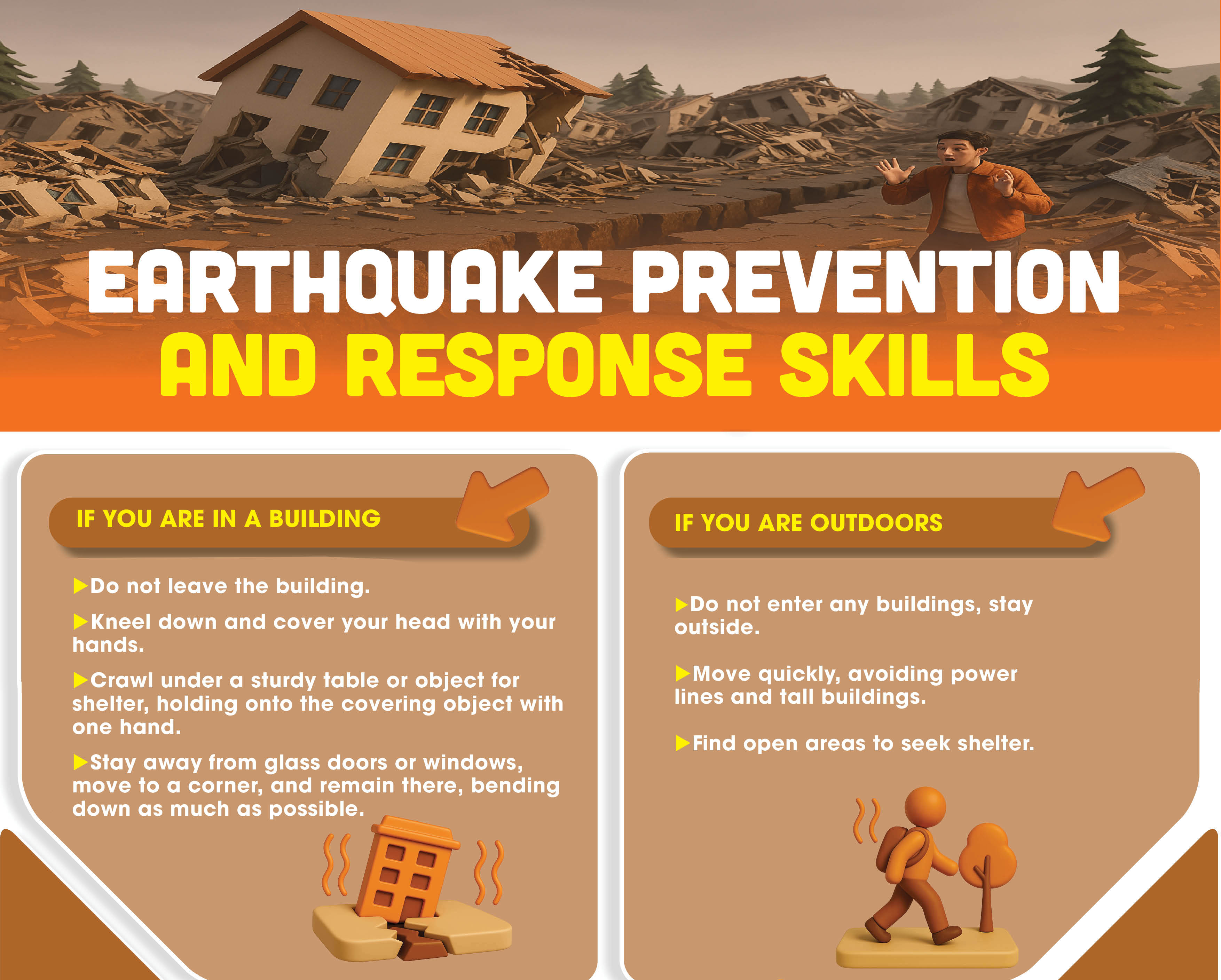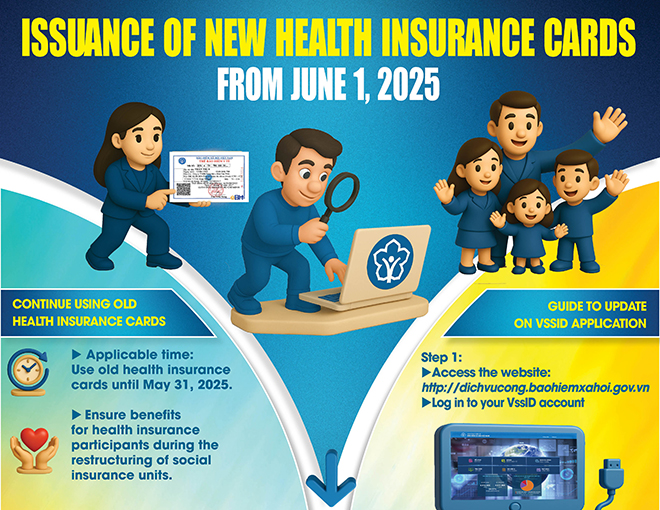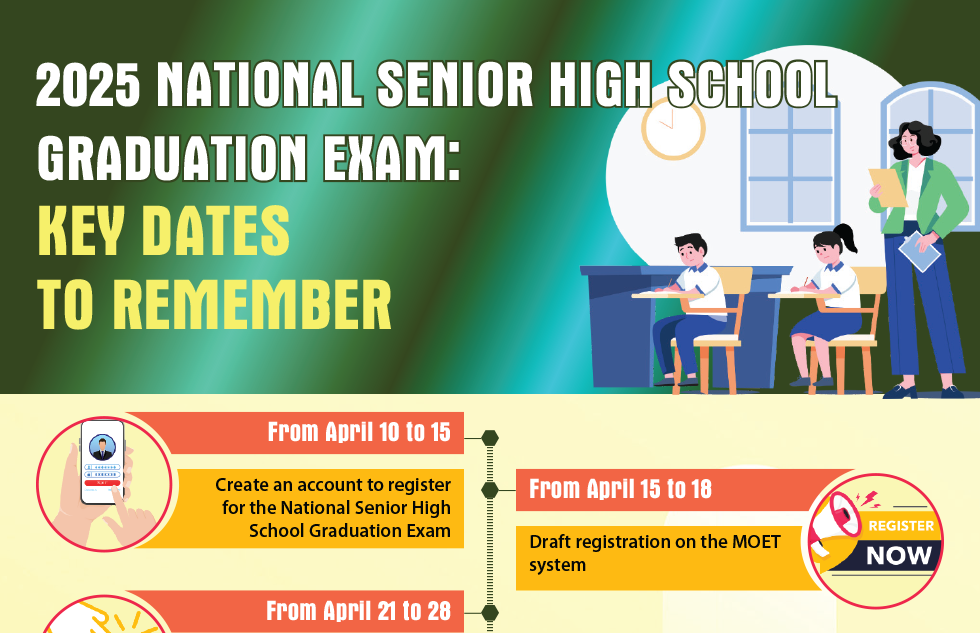People with disabilities contributing to environmental protection
Overcoming personal difficulties and disabilities, individuals with disabilities in Da Nang have actively got involved in environmental protection through the recycling of textile waste, helping to reduce waste in the environment.
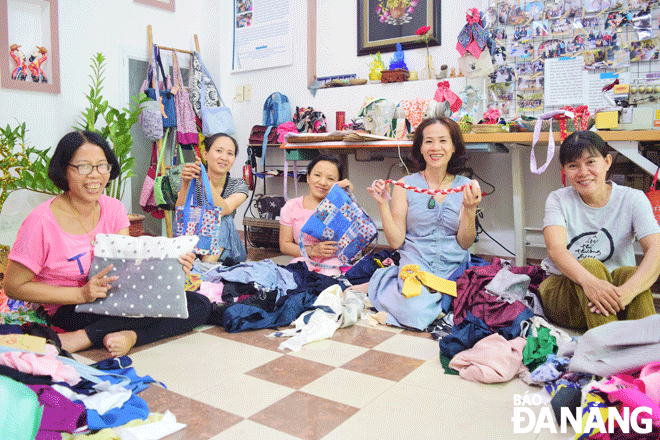 |
| Illustrative photo. Photo: baodanang.vn |
The Centre of Research and Community Inclusive Support (CORMIS), established in 2018 and under the Da Nang Union of Scientific and Technical Associations, primarily consists of vulnerable groups and people with disabilities.
The centre has identified the development of suitable models, solutions, and initiatives to enhance the quality of life for these groups as one of its three main fields. Therefore, it has carried out a textile waste recycling programme to create sustainable livelihoods for vulnerable groups while protecting the environment.
According to Mrs. Mai Thi Dung, Director of CORMIS, there is a significant amount of textile waste generated annually by hotels and resorts in the city. Meanwhile, most of the centre's members are women with disabilities who work as home seamstresses.
In this context, the "Textile Waste Recycling Programme" has been launched to recycle textile waste into useful products with economic value, providing income for people with disabilities while reducing textile waste in the environment.
Identifying textile waste from hotels and resorts as the main recycling target, members of the recycling team research and transform used white cotton textiles - such as towels, tablecloths, bed sheets, and blankets -into useful products like school uniforms, bags, backpacks, recycled festival uniforms, and accessories for running events.
Additionally, leftover fabric from sewing shops have been collected to study and recycle it into backpacks, hats, pencil cases, aprons, and clothing.
Through this programme, over 100 recycled product samples have been successfully developed, making more than 16,320 useful products catering to various customer groups.
42-year-old Dang Thi My Trinh, who is living in Son Tra District and has a mobility impairment and a petite stature joined the "Textile Waste Recycling Programme" in 2019.
Her tasks include receiving and sorting textile waste, processing fabrics, handling customer orders, assigning tasks to team members, checking product quality, packaging, sending goods to customers, and maintaining records and accounts.
Recently, Trinh has also taken on the responsibility of guiding pupils, university students, and international tourists who come to the centre to learn about and experience textile waste recycling activities.
"Before participating in the recycling work, I never thought that people with disabilities could contribute to environmental protection. I had limited health, lacked confidence, and lacked work skills, especially in teamwork and record-keeping due to my inability and lack of knowledge. Since I joined the recycling programme, my life has completely changed. I now live more positively and productively," Trinh shared.
A representative from CORMIS stated that the textile waste recycling programme has established four recycling groups in four provinces and cities, including Da Nang, Quang Nam, Quang Ngai, and Thua Thien Hue, with dozens of core members.
To ensure the efficiency of the programme, capacity building for the members is emphasised. Members are trained in design, recycling, sales, teamwork, financial management, and coordinating experiential guidance sessions for customer groups and tourists. This not only boosts the confidence and social integration of people with disabilities but also inspires a green lifestyle and resilience in overcoming challenges. Moreover, it changes the community's perception of the role and abilities of people with disabilities.
Reporting by LAM PHUONG - Translating by TRUC VY


